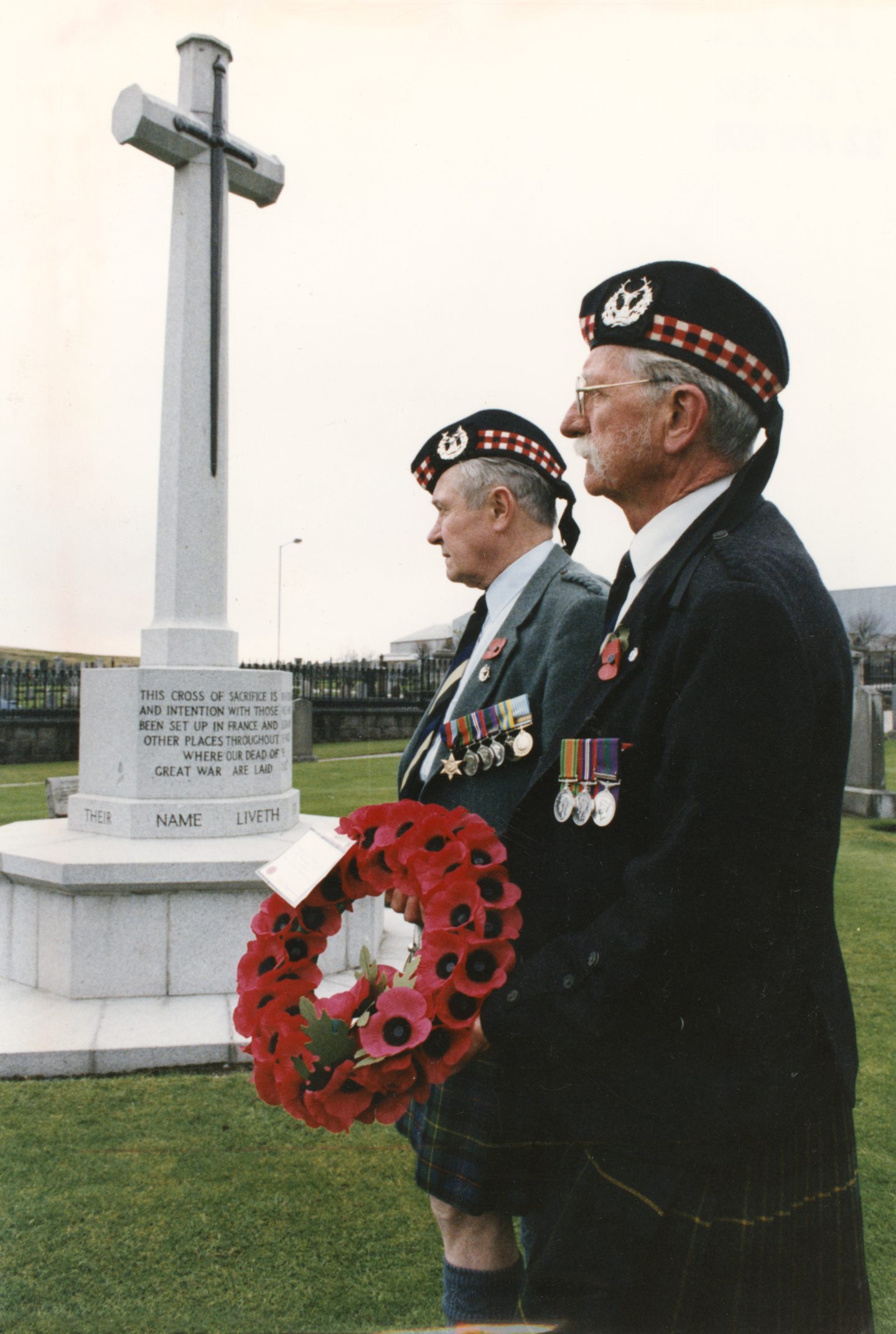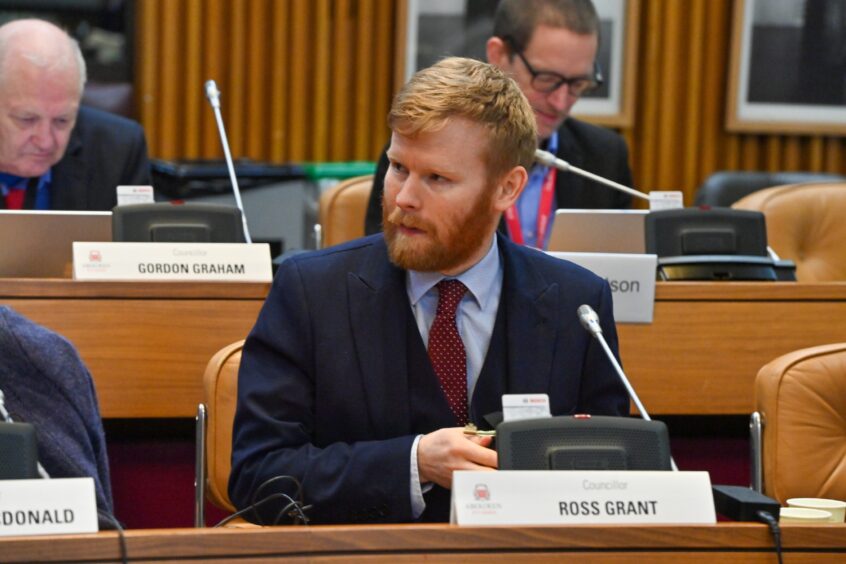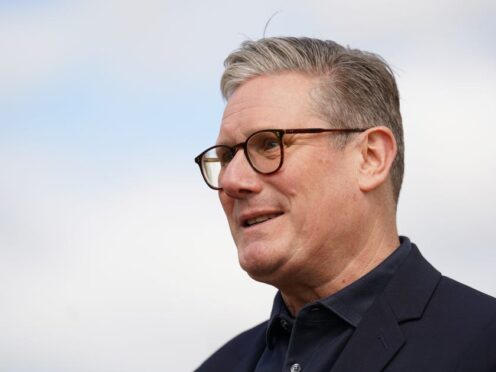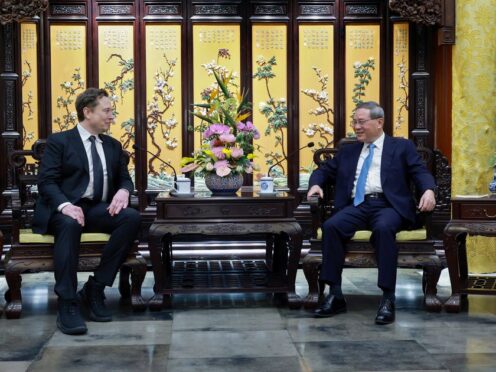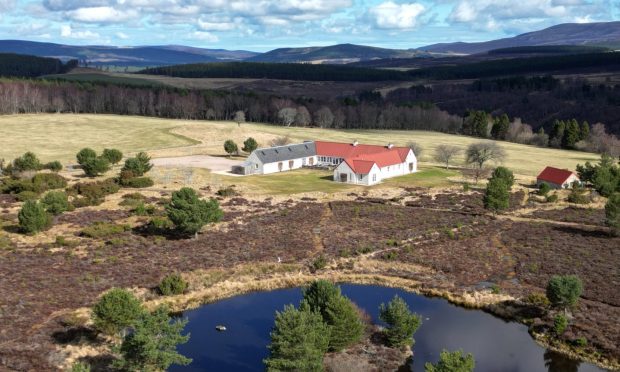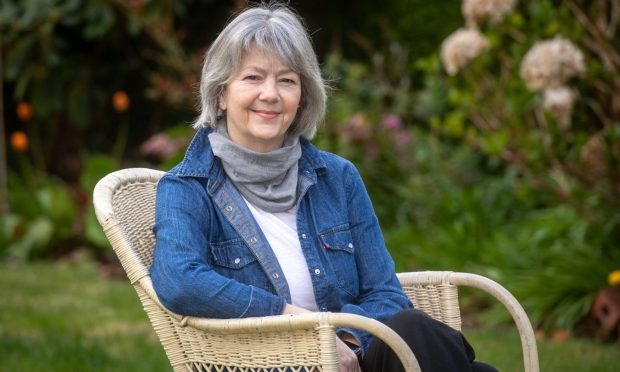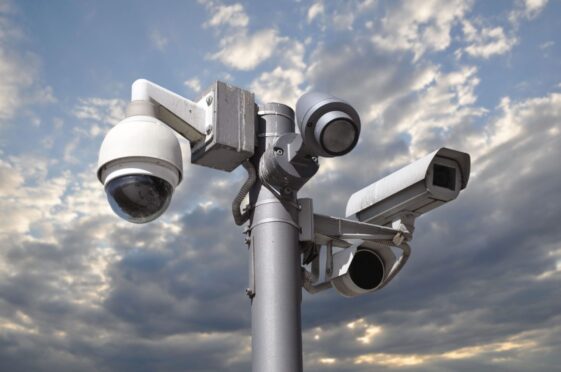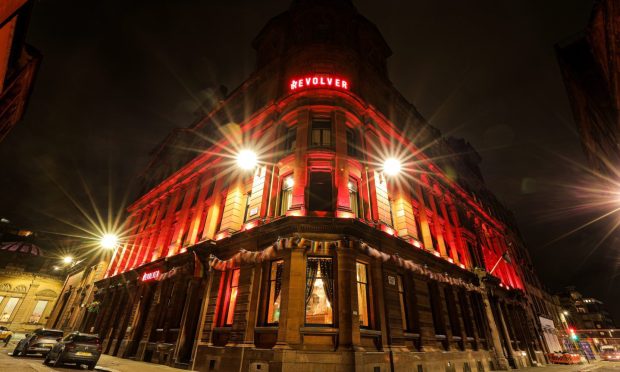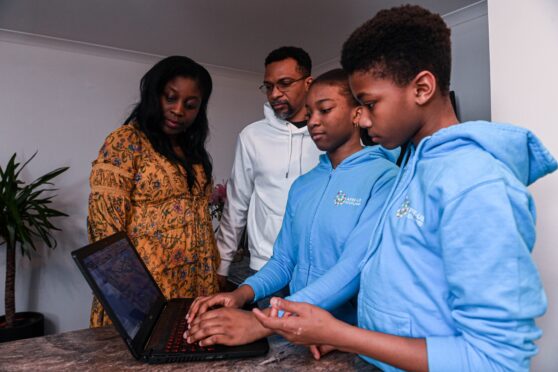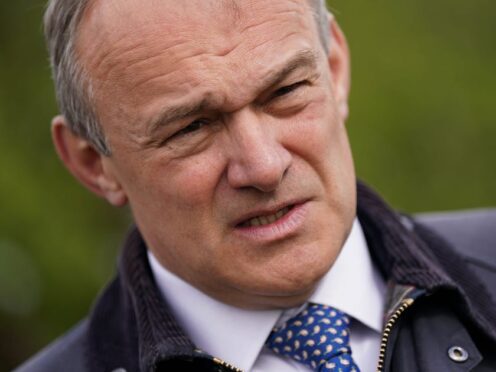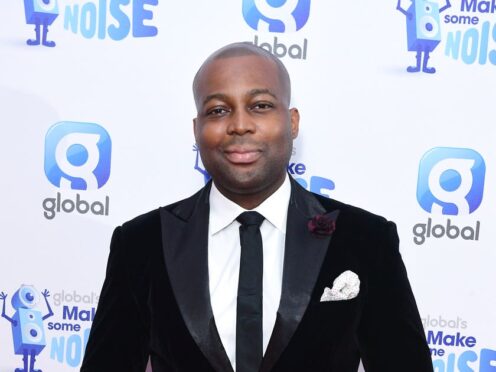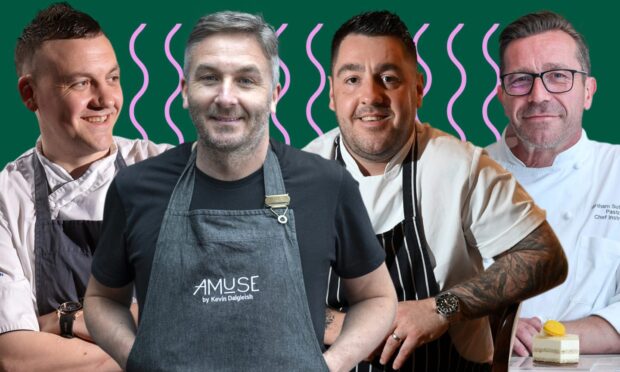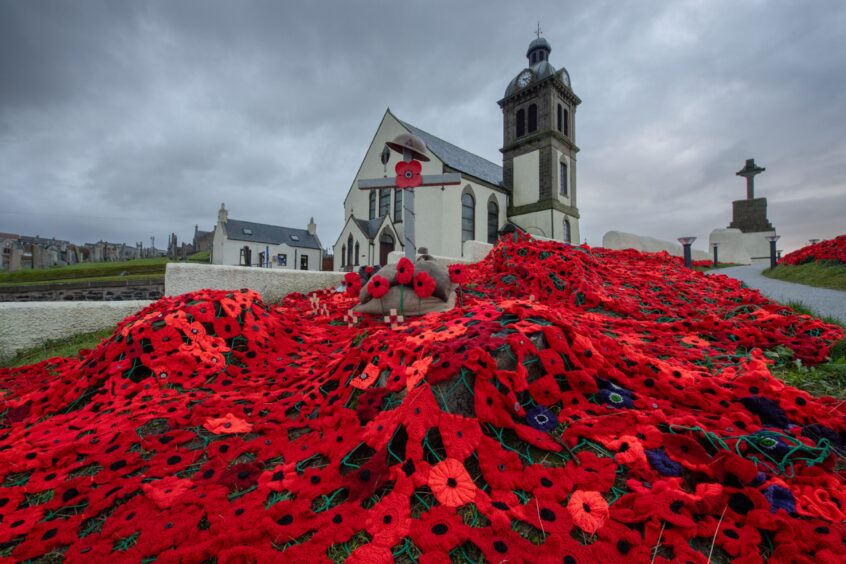
There are precious few soldiers left from the millions of youngsters who fought in the Second World war.
And most of those who are still alive are in their 90s or have passed their personal century and their eyes are old and grey and full of sleep.
This is Armistice Day, a date which still evokes poignant memories of all those who perished in the trenches during the first global conflict from 1914 and 1918 which was described at the time as “the war to end all wars”.
Far from peace
But sadly, as the nation stops tomorrow to commemorate Remembrance Day, it must seem to many people that they are as far away from a peaceful existence as they’ve ever been, whether surveying the ongoing hostilities in Ukraine or the images from the Gaza Strip, where Hamas and the Israeli Defence Force are engaged in full-blown hostilities.
Many will be wearing poppies tomorrow and attending various events across Scotland. But the reality is that not everybody will fall silent at 11am. There are plans for a pro-Palestine demonstration in London and marches in other cities, which have been backed by the likes of First Minister Humza Yousaf – and also Lord Nicholas Soames, the grandson of former prime minister Sir Winston Churchill.
The latter said, in response to government moves to stop the pro-Palestinian protest going ahead: “It needs to proceed extremely carefully in this matter.
“Tens of millions of people died in two world wars, so that British people have the right and freedom to express their beliefs. You cannot just decide that this is not the case and put the head of the Metropolitan Police under this kind of pressure.
“Most of the people who plan to attend the march have a point to make and plan to do so peacefully. If a small number cause trouble, the police can deal with it.”
A question of free speech
Some P&J readers have expressed trenchant views this week asking why there’s a need for such a march on a weekend which clashes with sombre Remembrance events.
But while older people – whose fathers and mothers and other family members were actively involved in one or both of the world wars – feel a connection to the conflicts and tend to believe we should never forget the sacrifices made by previous generations, it’s not a perspective which is unanimously shared among youngsters.
I spoke to several people this week and they expressed concerns about how poppies and two-minutes silences and the message “Lest we forget” could be perceived as being at odds with politicians on all sides who support military operations when it suits them.
Josh Pizzuto-Pomaco, the editor of the Aberdeen University newspaper, The Gaudie, told me: “It’s certainly important to remember the lives of those lost to the horrors of war. However, symbolism without action is meaningless.
“I’ve been at university for four years, and I can’t recall seeing anyone my age wearing a poppy. A lot of this ambivalence, at least from my perspective, derives from a strong suspicion of those in power.
There is hypocrisy in action
“In our lifetimes, we have seen brutal wars in Iraq and Afghanistan which led to the death of tens of thousands of innocent civilians- in which the UK was an active participant. Just in the last month, we’ve seen thousands killed in Israel and Gaza. Despite this, public calls for a ceasefire have been rejected by many UK leaders.
“The UK spends upwards of £50bn pounds yearly on the military, despite a deepening cost of living crisis and an underfunded NHS. To be frank, for my generation, the traditions of Armistice Day ring somewhat hollow. If our leaders are truly committed to peace, show us. Then we might be more willing to wear a paper flower.”
However, Cassie McGunnigle, fundraising manager with the Archie Foundation, is among those who will be paying her respects this weekend.
She said: “I think it’s vital that the historical events of war remain in our education system, that we visit memorials and we continue to mark occasions for those who fought and lost their lives.
What were their sacrifices for?
“Given the ongoing disasters and conflicts, it’s crucial to reflect on the First and Second World wars to understand the imperative of avoiding another one. The sacrifices made by those who lost their lives during war underscore the importance of never repeating such a tragedy. If we did, we would have to ask: what were their sacrifices for?
“There were many young people that died fighting for our country. Young people with their own dreams and aspirations. The least we owe them as young people today is to honour the sacrifices they made, so that we can fulfil our own dreams and aspirations.”
This was a common theme among the respondents: the message that if we don’t learn from the past, we are destined to repeat the same mistakes in the future.
And, though it might appear some international leaders have the philosophy “Do as I say, not as I do”, that doesn’t diminish the importance of searching for peaceful solutions even as we pay homage to those who were denied the same opportunity.
Young people need to learn
Aberdeen Labour councillor Ross Grant said: “As time passes from the first and second world wars being beyond our living memory, there is an even greater impetus upon younger people not only to stop and acknowledge Remembrance Sunday, remembering those who fought and those who perished for our liberty today, but young people also need to invest more time to learn about what led to those conflicts, understand the reality of war, the horror, death and survival, and why remembrance is so important.”
“We must never forget what happened, particularly as we live in times where our children are exposed everyday to distressing scenes in the news everyday. And, as the responsibility for remembrance falls to younger generations, we must renew our commitment to Remembrance Sunday and the great sacrifice of so many.”
Ukraine: Aberdeen psychotherapist who escaped Azerbaijan lays bare the ‘ugly side’ of conflict
Aberdeen psychotherapist Nara Morrison has intimate knowledge of the cruelty of war and the ravages it wreaks on soldiers and civilians after surviving conflict in Azerbaijan as a youngster. And she spoke passionately about why remembrance matters to her.
She said: “Of course, there are voices that think the participation in Remembrance Day events to be hypocrisy because there are ongoing conflicts in the world.
Poppies are not support for war
“But we must remember that wearing a poppy is not a sign of support for these contemporary conflicts. At a personal level, I do not want wars, I want peace.
“Wearing a poppy does not mean I support the war in Ukraine or anywhere else. Instead, for me, it’s a respectful gesture, honouring the memory of those who served and lost their lives fighting with Nazis, like my grandfather.
“Poppies on Remembrance Day is a sign of respect for the past, not support of current conflicts. It is also a message to war veterans and the families of the fallen soldiers that their efforts are not wasted and we are grateful.”
Expressed in that fashion, it’s difficult to disagree.

